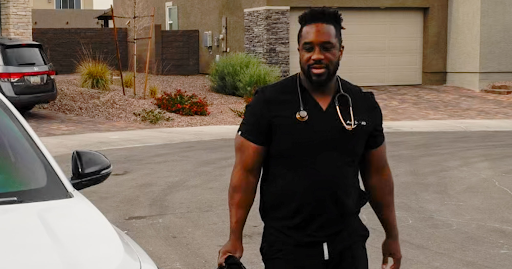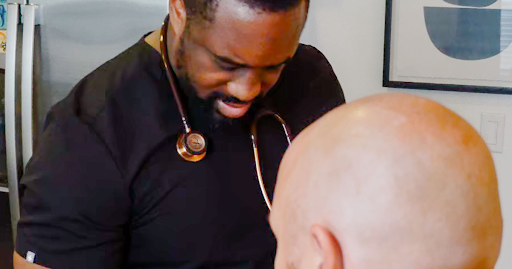How Longer Doctor Visits Lead to Better Health Outcomes
In today’s healthcare system, most patients are familiar with rushed doctor visits—short appointments where concerns are quickly noted, prescriptions are written, and the visit is over. The average primary care appointment in the U.S. lasts 15 minutes or less, leaving little time for patients to share their story or for doctors to dig deeper into root causes.
But research and patient experience consistently show a clear truth: longer doctor visits lead to better health outcomes. By giving patients more time, physicians can provide personalized care, prevent chronic illness, and build relationships that empower healthier lifestyles.
This is exactly why concierge direct primary care (DPC) practices like Care Collective Concierge (CCC) in Las Vegas are gaining momentum—redefining what quality time with your physician really means.
Why Time Matters in Medicine
Time with your doctor is not a luxury; it’s a necessity.
When visits are too short, many critical aspects of care get overlooked. Patients may not have the chance to:
- Fully explain symptoms or history
- Discuss lifestyle factors like stress, nutrition, or sleep
- Ask questions about treatment options or long-term risks
- Build trust and openness with their physician
In contrast, extended visits—typically 30 to 60 minutes in concierge care—allow for a more comprehensive, whole-person approach. Longer appointments mean doctors can focus on more than the immediate problem. They can uncover early warning signs, order proactive screenings, and guide patients toward lifestyle changes that reduce long-term risks.
Benefits of Longer Doctor Visits
1. Better Preventive Care
When physicians have time, they don’t just treat illness—they prevent it. Longer visits allow for annual physicals, in-depth screenings, and preventive vaccinations that lower long-term risks for conditions like diabetes, heart disease, and cancer.
Example: At CCC, every member receives a personalized prevention plan that goes beyond “basic checkups,” incorporating nutrition, activity, sleep health, and lab work for a 360° view of well-being.
2. Stronger Patient-Doctor Relationships
Health is personal, and trust takes time. Extended visits give patients the confidence to share sensitive information about mental health, stress, or family history.
This deeper relationship is vital for uncovering issues like anxiety, depression, or substance use—concerns that often go undetected in rushed settings. At Care Collective Concierge, patients have direct communication with Dr. Andre Small by phone, text, or telehealth, ensuring no concern is left unanswered.
3. More Accurate Diagnoses
Rushed visits increase the risk of misdiagnosis or overprescribing. Longer visits let doctors carefully review medical history, medications, and lab results. They can connect the dots across symptoms that may seem unrelated.
This approach is especially valuable for patients managing chronic conditions such as hypertension, thyroid disorders, or diabetes. With time, physicians can tailor a management plan that is safe, effective, and aligned with the patient’s lifestyle.
4. Personalized Health Plans
No two patients are the same. Extended time allows for individualized wellness strategies—from hormone replacement therapy (HRT) to nutrition and weight management.
Rather than a “one-size-fits-all” prescription, patients leave with a step-by-step plan to improve sleep, manage stress, and build resilience. At CCC, this often includes referrals to trusted dietitians, therapists, or sleep specialists, ensuring care extends beyond the exam room.
5. Reduced Emergency Room Visits
Studies show that patients who have longer visits and direct physician access are less likely to end up in the ER. Why? Because issues are addressed early, questions are answered quickly, and patients have an advocate they can reach before problems escalate.
Concierge care emphasizes same-day or next-day appointments, giving patients peace of mind and lowering the cost of emergency care.
Why Traditional Healthcare Struggles with Time
The average primary care physician manages 2,000–3,000 patients, making extended visits nearly impossible. Insurance-driven models incentivize volume, not depth—forcing physicians to see dozens of patients daily just to cover overhead.
This “fast-food” approach to medicine leaves patients frustrated and doctors burned out. It’s no wonder why alternative models like Concierge Direct Primary Care are on the rise.
At Care Collective Concierge, membership is intentionally capped to allow extended visits, direct physician communication, and same-day scheduling—a dramatic shift from the traditional system.
How Longer Visits Improve Specific Health Outcomes
For Chronic Disease: Longer visits mean doctors can review lab results in detail, monitor changes over time, and educate patients about lifestyle modifications. This reduces hospitalizations and improves long-term control.
For Mental Health: Extra time gives space for screenings, open conversations, and referral to specialists when needed. Patients feel heard, reducing stigma and improving adherence to treatment.
For Preventive Health: Longer visits allow time to explain the “why” behind screenings, lifestyle recommendations, and vaccines—boosting patient compliance and reducing preventable illness.
Frequently Asked Questions
Q: How do longer doctor visits improve health outcomes?
Longer visits give physicians time to provide preventive care, build stronger relationships, diagnose accurately, and create personalized health plans. This leads to fewer hospital visits, better chronic disease management, and improved patient satisfaction.
Q: Why are concierge doctors able to offer longer visits?
Concierge practices like CCC limit the number of patients they accept. By focusing on quality over volume, doctors spend more time with each patient instead of rushing through appointments dictated by insurance.
Q: Are longer doctor visits only for the wealthy?
Not necessarily. While concierge care is a premium service, many patients use HSA or FSA funds to cover membership. Some employers also offer concierge memberships as a wellness benefit for staff.
The Future of Healthcare in Las Vegas
Las Vegas is becoming a hub for concierge medicine, especially in communities like Summerlin, Henderson, and The Ridges. Patients—especially executives, retirees, and LGBTQ+ professionals—are seeking privacy, convenience, and personalized care over traditional insurance-driven models.
By emphasizing longer visits, proactive prevention, and trusted physician relationships, Care Collective Concierge is setting a new standard for healthcare in Southern Nevada.
Final Thoughts
The evidence is clear: longer doctor visits lead to better health outcomes. Patients feel heard, illnesses are caught earlier, and treatment plans are tailored for long-term success.
Care Collective Concierge isn’t just offering more minutes on the clock—it’s delivering a better way to experience healthcare.
If you’ve ever left a doctor’s office wishing you had more time, it may be time to explore a model designed to put you first.










